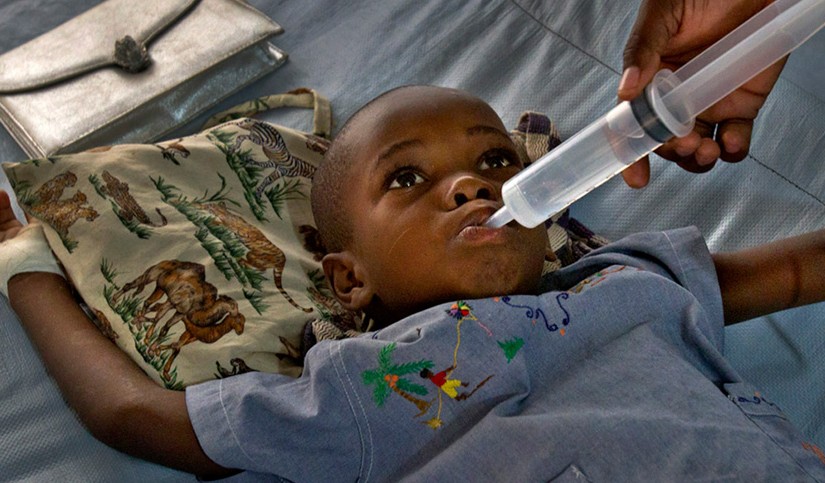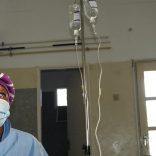MSF: Violence in Cabo Delgado sparks new wave of mass displacement as needs surge
More on the cholera outbreak in Nampula – AIM report

File photo / For illustration purposes only
Cases of cholera have occurred this month in the northern province of Nampula, and the provincial chief doctor, Suleimane Isidoro, admits that some victims who did not seek treatment in health units may have died.
Recorded cases of the disease peaked on 14 and 15 February when 23 and 29 people respectively were hospitalized in cholera treatment centres in Monapo and Meconta districts.
Isidoro said that, on receiving reports of an increased number of diarrhoea cases, including deaths, health workers went from house to house and diagnosed several sufferers with cholera.
“We decided to undertake searches because the community was saying somebody died of diarrhoea in this or that house”, he said. “As a result we recorded an increase in cases of cholera. So we accept there could have been deaths outside of the health units because of this disease”.
He added that none of the patients taken to the cholera treatment centres have died. In recent days, the number of diagnosed cases has declined. Currently there are 13 people still in the cholera treatment centres – 12 in Netia, in Monapo district, and one in Namialo, in Meconta.
The health service is waging campaigns to promote personal and collective hygiene, and to purify drinking water before consuming it. Water purifying agents are being distributed free of charge in the health units.
“There is a relationship between cholera cases and living conditions, particularly water supply”, said Isidoro. “Most of the people in the areas hit by the cholera outbreak are still taking their drinking water from traditional wells”.
Diarrhoeal diseases, he added, should not be seen as a problem to be solved only by the health sector, since everybody is called upon to make a contribution to the promotion of hygiene. Cholera and other diarrhoeal diseases, Iisidoro said, can be avoided if basic hygiene measures are observed, such as washing foodstuffs before cooking them, and washing one’s hands before eating, and after using the latrine.













Leave a Reply
Be the First to Comment!
You must be logged in to post a comment.
You must be logged in to post a comment.